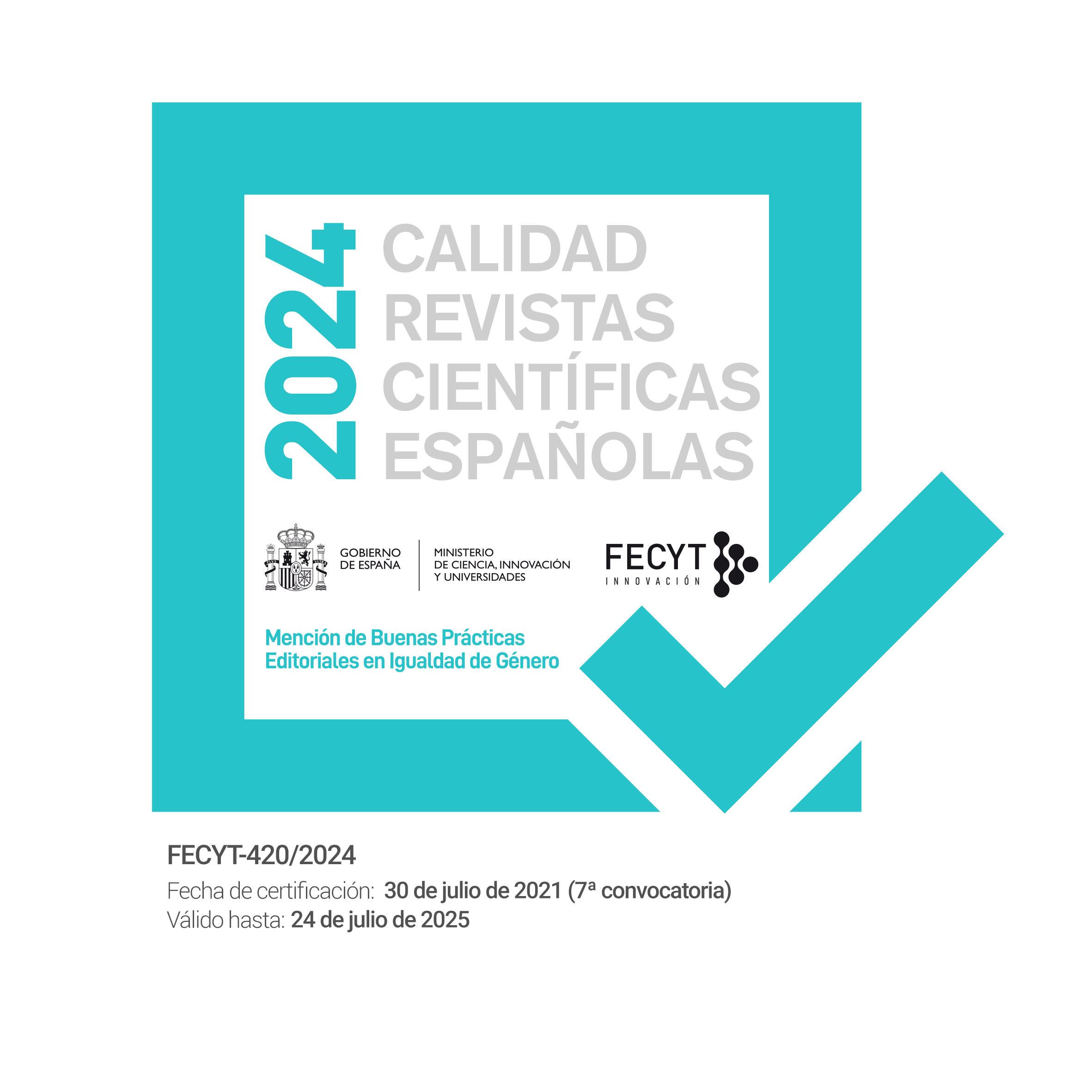LIVING IN A SIMULACRUM: HOW TV AND THE SUPERMARKET REDEFINES REALITY IN DON DELILLO'S 'WHITE NOISE'
Keywords:
Posmodernism, Don Delillo, 20th Century American Fiction, SimulacrumAbstract
This paper examines the impact of simulation, hyperreality, and consumerism on Don Delillo's novel White Noise. It discusses how the novel pictures technology and mass media as an empire of signs and codes that erase or implode meaning. TV, radio reports and tidbits, and medical imaging devices are intertwined with many aspects of people's lives in this late capitalist culture. Futhermore, the paper will shed some light on the issue of hyperreality which is generated by simulations. We will see how this new type of reality becomes more real than reality itself. Then, the influence of the supermarket and the emergence of consumer culture will be discussed. We will see how production and consumption have gained a new different meaning in this new "superficial" society and how it reshapes people's undestanding and interaction with reality.Downloads
How to Cite
Issue
Section
License
All contents published in the journal are protected under a Creative Commons BY-NC-ND license. This corresponds to legislation within Spain, and does not allow commercial use of the texts. It is not possible to modify the contents either.
General information.
Comparative Literature magazine 452ºF [ISSN 2013-3294] is a publishing project coordinated by Asociación Cultural 452ºF, and developed by its Editorial board.
Access to the Contents and Copyright.
All contents published in the journal are protected under a Creative Commons BY-NC-ND license. This corresponds to legislation within Spain, and does not allow commercial use of the texts. It is not possible to modify the contents either.
Every person has free access to the contents of the journal as long as they understand and assume that no profit is to be made on other people’s work.
In all cases, the original source name of the online journal and the article must be mentioned when used for any purposes.
Basic Conditions of all Call for Papers.
- 1. The author accepts that sending the paper:
- a. Does not guarantee the publication of it.
- b. Is done in accordance to the style-sheet of the magazine and the requirements of the specific call for papers.
- c. Implies the non-exclusive transferring of the first publication rights of the paper, as long as it is selected to be published in the journal, to theAsociación Cultural 452ºF, under a Creative Commons BY-NC-ND license.
- 2. The journal 452ºF, in due respect to moral rights of a copyright, guarantees that:
- a. All papers will be evaluated according to the procedure already mentioned.
- b. All authors will receive either a positive or negative answer to their sending a paper for publication.
- c. All papers will be published unabridged. The journal might make changes in the typographical disposition according to the needs.
- d. All papers will be published under a Creative Commons BY-NC-ND license.




